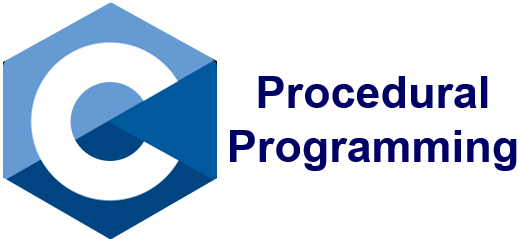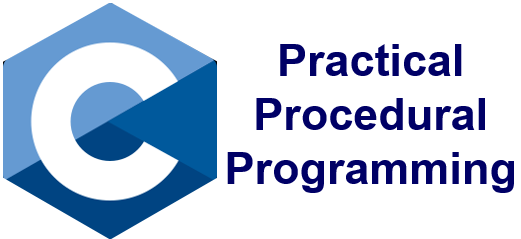Praxisprojekt
ctGameStudio 3.0 – Feedback, Reflexion und Code-Evaluation
Wie denken eigentlich Informatiker*innen, wenn sie Probleme lösen? "Computational Thinking" bezeichnet den Denkprozess, bei dem Probleme (und Lösungsansätze) so ausgedrückt und formuliert werden, sodass ein Computer diese ausführen und „berechnen“ kann. Dabei spielt Programmierung eine wichtige Rolle. Ziel dieses Projekts ist es, eine spielbasierte Lernumgebung (ctGameStudio) um eine Feedback-Komponente zu erweitern, sodass Lernende über ihre Ergebnisse reflektieren können und dadurch eine tiefere Verständnisebene erreicht werden kann. Dabei wird ein vorhandenes System erweitert und es findet keine komplette Neuentwicklung statt. Programmierkenntnisse jenseits von Info N (Webprogrammierung mit HTML5, JavaScript und CSS) sind nicht erforderlich. Eine Bereitschaft, die eigenen Fähigkeiten zu erweitern und aktiv anzuwenden, ist allerdings sehr im Sinne des Projekts, denn es geht ja beim ctGameStudio um das Erlernen von Programmierung.
Das Projekt ist interdisziplinär geplant und nimmt Teilnehmer*innen sowohl mit dem Schwerpunkt Informatik, als auch mit Psychologie an. Während im Informatik-Teil eher die technische Konzeption und Umsetzung des Feedback-Tools im Vordergrund steht, ist es im Psychologie-Teil vor allem die empirische Untersuchung. Alle Projektmeetings finden online statt - Präsenzveranstaltungen sind nicht vorgesehen.
Kontakt: Sven Manske (sven.manske@uni-due.de)- Lehrende(r): Sven Manske







